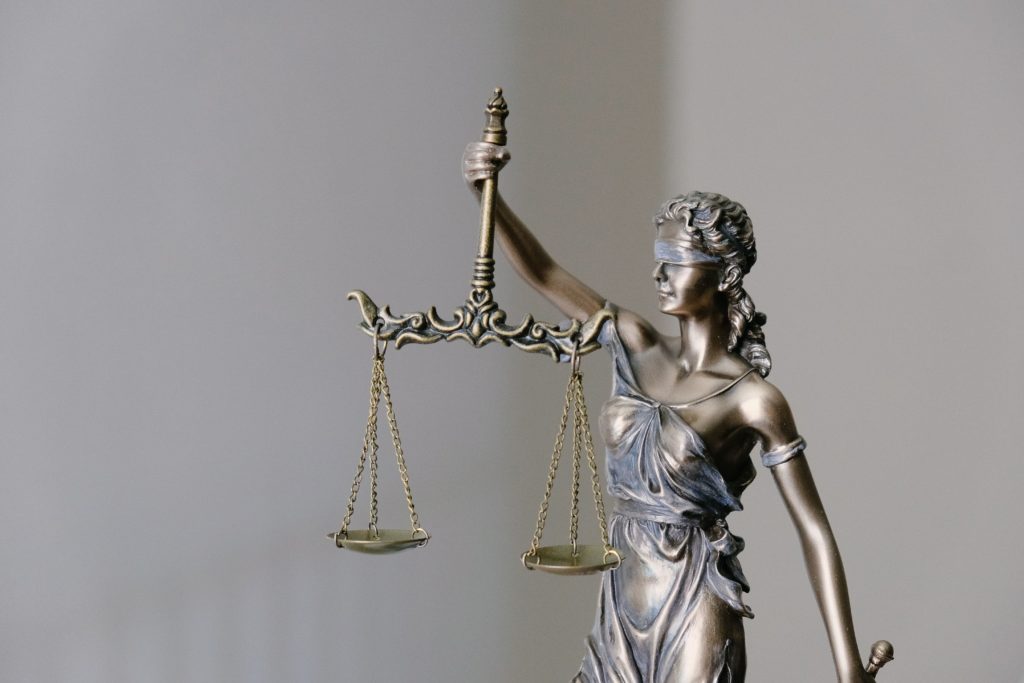This is the Judicial Arm of the government that is concerned about the rights of human beings in Angola. The ministry has a duty of administering justice through the implementation process and enforcement of laws made by the government of Angola. The system is composed of various parts that make up the entire system. During the independence of Angola in 1975, a ministry of justice was established. In this article, we discuss in detail the functions and the composition of the ministry of justice in Angola.

Functions of the Ministry of Justice in Angola
The ministry defines much duty that it undertakes to administer justice to the citizens of Angola. This is according to the constitutional act 1/75. This means that the ministry creates laws and administers justice to the citizens. A fused system of justice in Angola known as ‘Sistema Unificado de Justice’ is the upper hand in the judicial system and is objected to administering activities of the judicial government. The rights of common citizens are protected by the judicial System through Legal administration acts. The ministry of justice also organizes favorable policies that protect Human rights in Angola. The government of Angola is against arbitrary killings and enforces laws on punishment for unlawful killers. Human rights in Angola are viewed as a wider topic by the ministry of justice. However, the government partitions Human rights into different categories such as how it relates to corruption and impunities. Human rights in Angola became a major concern in Angola in 2020 and the ministry reacted by formulating effective strategies to improve policies and acts of human freedom and rights. An incident that occurred during the Covid19 pandemic that resulted in illegal killings of the citizens, who demonstrated against Covid19 restrictions, resulted in the formation of new laws against unlawful killings. The state heads reacted against police officers who were lured into excessive use of firearms. The judicial arm in Angola is responsible for the responsibilities of the court system in Angola. It is the responsibility of the judiciary systems to ensure that the court systems strive to protect the rights of every citizen regardless of social class. The court system also provides laws and regulations which are used by the courts to administer justice to the citizens. This implies that the court systems in Angola are answerable to the judicial system. The judicial system also provides for appropriate guidance and cooperation for Municipal courts in Angola. As a system, this implies that the judicial system must work closely with its part to achieve a common objective.
Composition of The Judicial System in Angola
The judicial court of Angola was established in 2008. This was according to the act of the constitution 2/08 and 3/08. A constitutional court referred to as Lei Organica do tribunal Constitucional abbreviated as LOTC was established according to act 2/08. However, before then the Supreme Court objected to exercising constitutional courts. The judicial system has conducted various changes in the activities in favor of effective practices in administering justice to the citizens of Angola. The judicial system is split into three main categories. They include criminal, civil, and work chambers. The judicial system is headed by the president who is the head oversea of the judicial practices. The president is assisted by his or her close workmate who is the Vice president. The official President of the country plays the role of appointing the 16 judges to the judicial system. The Supreme Court is headed by the Chief justice who oversees the activities of the Supreme Court.



